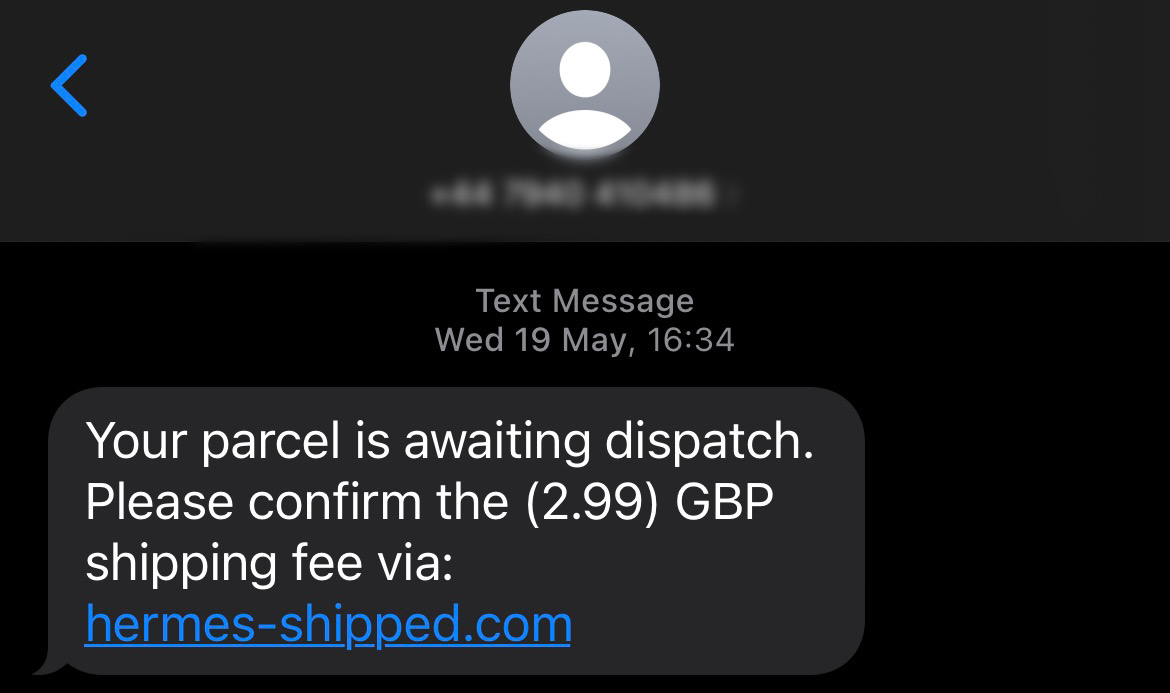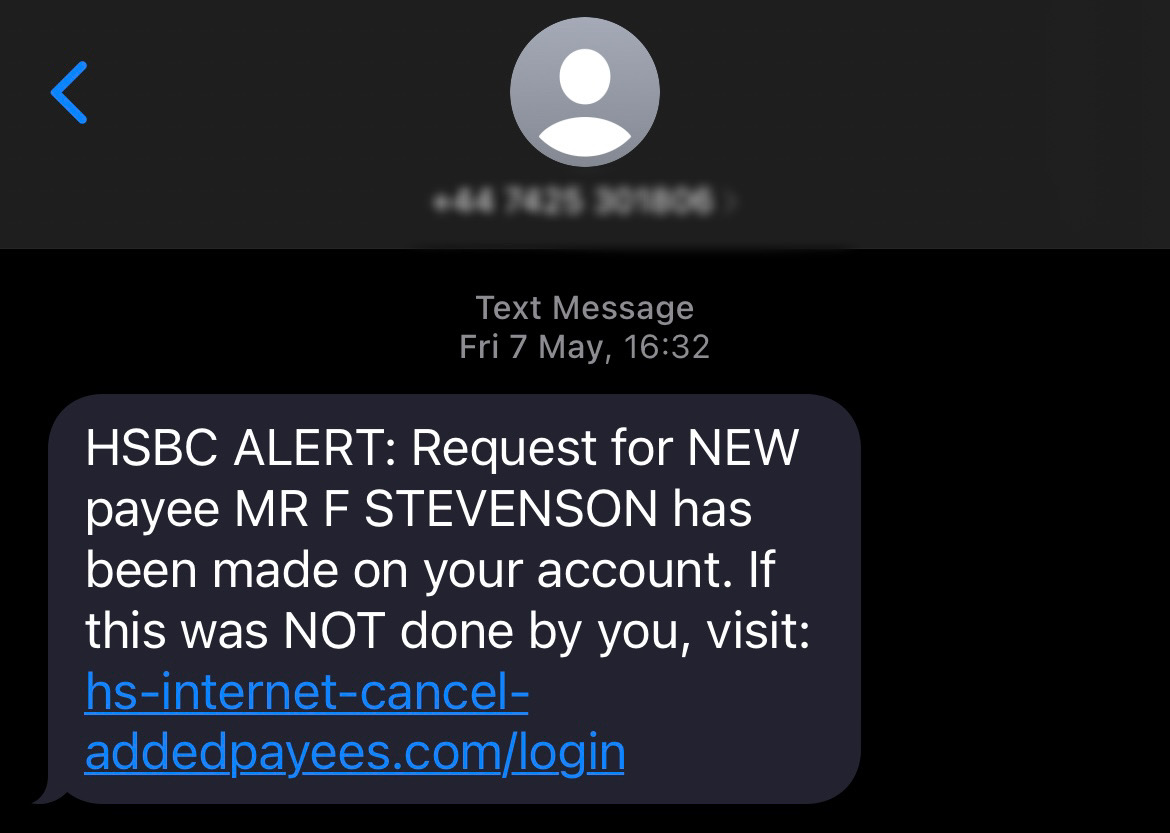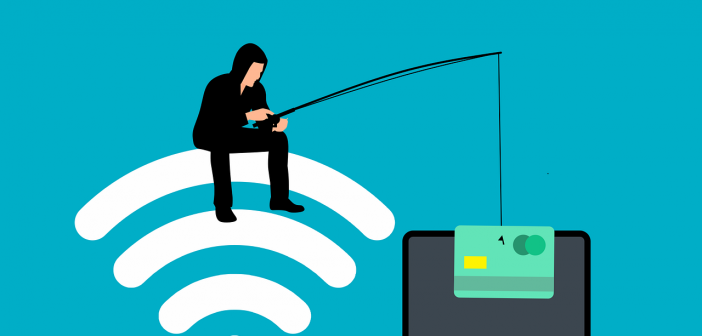In a society run by the internet, its more important now than ever to keep yourself protected online.
As online spaces become more and more advanced, we are only seeing hackers becoming increasingly intelligent and savvy. They are constantly finding new and creative ways to swindle us out of our money and personal information using deceptive tricks.
The National Cyber Security Centre offers 6 ways that you can improve your cyber security:
- Use strong and varied passwords for your accounts – Avoid having the same password for multiple accounts, and definitely avoid guessable passwords such following the formula PetsNameDOB or MumsNameDoorNumber.
- Create strong passwords using 3 random words – It has been proven that a password such as TigerPurpleIcecream! is stronger than Veronica1.
- Save your passwords – your Google or Apple account will give you the option to save all of your passwords securely so that you don’t have to memorise all of your different passwords.
- Turn on two-factor authentication – this allows you to add a second layer of security, even if a hacker has your password, a text will be sent to your phone with a code, which they won’t be able to access. This keeps them out of your account.
- Update your devices – ensuring that your software is up to date allows your device to continue running smoothly and securely.
- Back up your data – uploading all of your information onto a hard-drive or separate device every few weeks allows you yo have a record of any data that may be deleted by hackers.
A term that is important to know is the term ‘phishing’. Phishing is a type of attack often used to steal user data, including login details and credit card numbers. It occurs when an attacker, masquerading as a trusted entity, dupes a victim into opening an email, instant message, or text message.
A platform that is a breeding ground for phishing scammers is Facebook. A popular technique is the following:

This hacker will have already hacked your Facebook friend and is enticing you to click the link, they’re banking on you being curious enough to see if it’s really you in that “video”. Once you click the link, there’s no video, instead a login page that looks exactly like the real Facebook where you might then think “Oh, all I need to do is login and then I can see this video of me that’s floating around” – but no. Once you type in your email and password that is then sent directly to the hacker and the process is repeated all over again with another victim. Your Facebook account is taken over and your profile can be used as the face for their illegal activity.
These hacking methods are extremely dangerous to your online security. Once the hacker has entered your Facebook, they can then change the login details – locking you out and having access to all of your private messages and hidden information. This particular trick emphasises the importance of having strong and varied passwords.
Another popular scam is the delivery scam:

This scam usually comes from a UK mobile number beginning +44, however they have the technology to make the text appear to be sent from Royal Mail, DPD or any other popular courier. The example above is one that I received last year claiming to be from Hermes. Unfortunately for me, I had ordered from ASOS that week – who usually ship with Hermes, so I almost believed it. However, I was able to use critical thinking and remember that I had already paid shipping, and that I had received dispatch information in my emails already.
Alongside social media and delivery scams, perhaps the worst of them all are the banking scam texts:

These particular scammers will send you a text that appears to be from a known bank, most often HSBC, Santander or Monzo. They will make you think that money is being sent from your account to a random person who you do not know, causing you to panic and fear. If by chance you happen to bank with the one they are pretending to be, you may instinctively click the link and enter your details. This is the best case scenario for them, but the absolute worst for you.
If you have received a text like this you can forward the message to the number 7726 where they will investigate the scam and hopefully shut it down at the source. The cybersecurity firm Proofpoint operates the 7726 service fake text messages can be forwarded on to. Proofpoint found that over a 90-day period from May to July 2021, 53% of texts reported to the 7726 service were fake parcel delivery messages and 37% impersonated banks.
Some things to look out for when you are suspicious of a message:
- If this message comes from a social media friend, when was the last time you spoke to them? Would they message you out of the blue like this?
- If a message claims to be coming from your bank, why is it sent from a UK mobile number?
- Is the spelling and grammar of this message correct?
- Are you expecting any further fees or charges to pay for?
- If you’ve clicked a link, is it asking you to input passwords or details?
- Do you have a single doubt in your mind that this is legit? Follow your intuition!
Be aware of more personal scams that can come in the form of a phone call or a visit to your door. An example of a scam that can happen over the phone is the Amazon scam. You will receive a call, usually from a hidden number, and the person on the other side of the line will be claiming to be from Amazon, letting you know that you have an outstanding payment for your Amazon Prime account, and will threaten that it must be paid immediately or they will close your account and seek legal action against you. If the person cannot give you any information about yourself, it’s likely that they do not know you. Often they will address you as ‘loyal customer’, ask then to tell you your own name, or any account information connected to your real Amazon Prime (if you do have an account).
You may also receive a phone call telling you that they are calling from HMRC, and that you have outstanding taxes to pay. The main point they make here is that you must pay this fee over the phone immediately as they have already filed a lawsuit against you. They will ask you to press 1 to speak to a caseworker and make payment, at which point they ask for all of your details. It’s extremely important to know that HMRC would never threaten imprisonment over the phone, or leave a threatening voicemail. If this does happen to you, end the call straight away and report the occurrence.
Know that you cannot trust every email, phone call or text that you receive. If there is any part of you that is sceptical, end communication with the party and try to find the contact details of who they are trying to impersonate. Where to report scams:
- Texts – forward the text to the number 7726
- Emails – forward the scam to report@phishing.gov.uk.
- Phone calls – search the number to find if it’s official.
- Adverts – the Advertising Standards Authority, or directly to Google/Bing.
Following Russia’s further violation of their territorial integrity, the National Cyber Security centre is suggesting that organisations in the UK strengthen their online defences. As well as organisations, individuals must be aware too.
Scammers are using the current world affairs as a tool to deceive people, take a look at this message that was sent to BHLiving in the midst of the tragedy of Ukraine:
“Sir we are 6 families who escaped the war in Ukraine, now in Romania town of isaccea. We are illegal immigrants from different countries of Czech and Austria.
we cannot go back to our country now. also we cannot continue to stay in un shelter because they will return us to our country since we dont have legal documents. we don’t want to go back.
we are quickly running out of money. kindly help us with a donation of $3 bitcoin to enable us to survive, while we wait for the invasion to end.
send to
1ff7maSdBYLuRKADQVEDLgz23LV7yE
At first glance, the recipient of a message like this may feel compelled to help, however it it important to look at details of the message to identify wether or not it could be a scam. This message came from the email address “helprefugeesss@gmail.com” – this is unrealistic. A real civilian in need of help would send a message from their own personal email. It is unrealistic that they would have time to make a new email address with “refugee” in the name. Another indication that this is fake is the request for “$3 bitcoin”. Bitcoin is a type of cryptocurrency that allows people to send and receive money anonymously if they wish, this is why it is a popular currency that scammers use as it is potentially untraceable back to them.
Remember that protecting yourself online is extremely important, don’t let yourself fall victim to cyber security breaches and scams in 2022.


